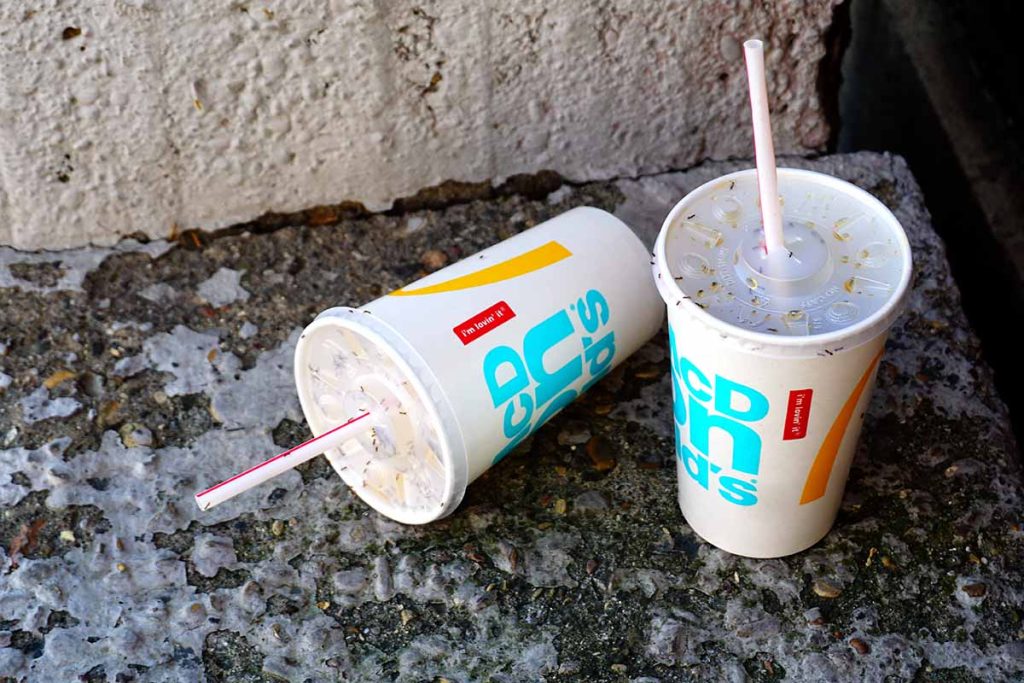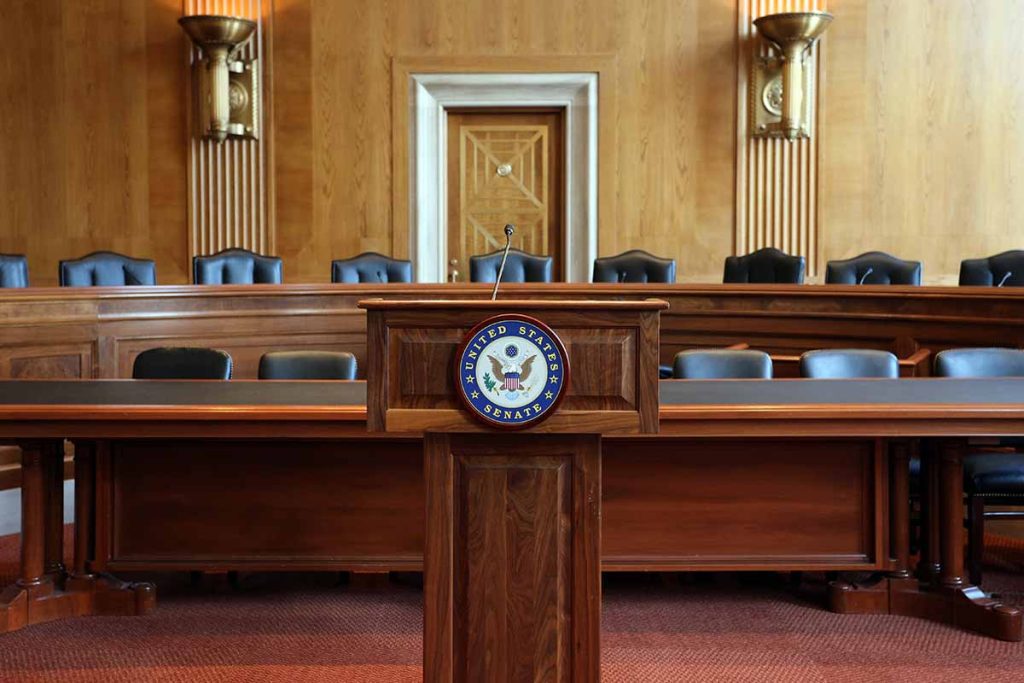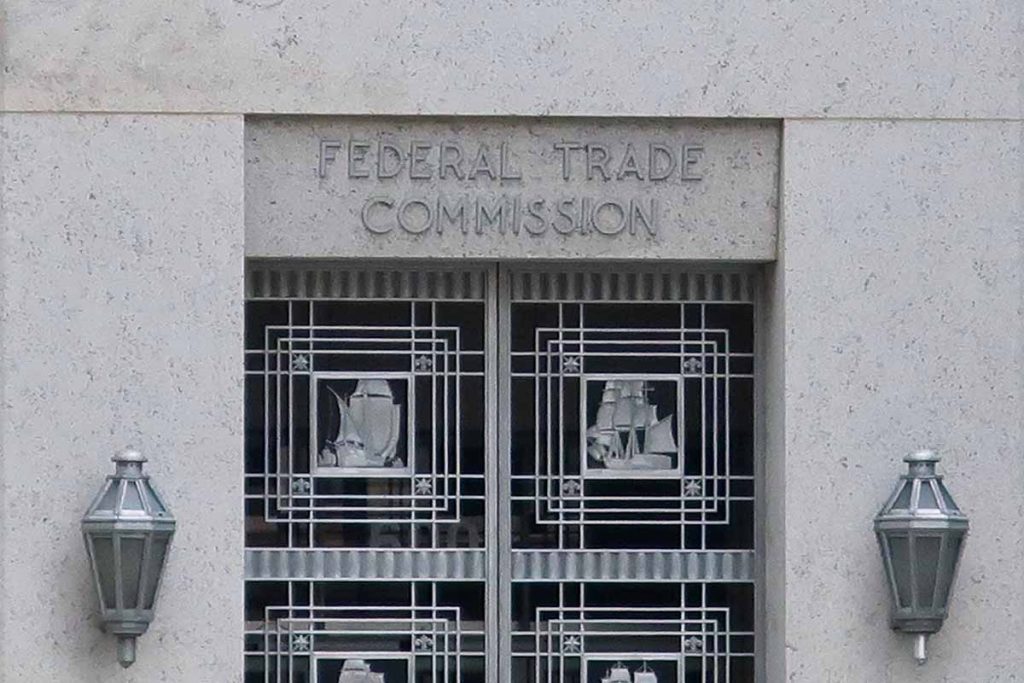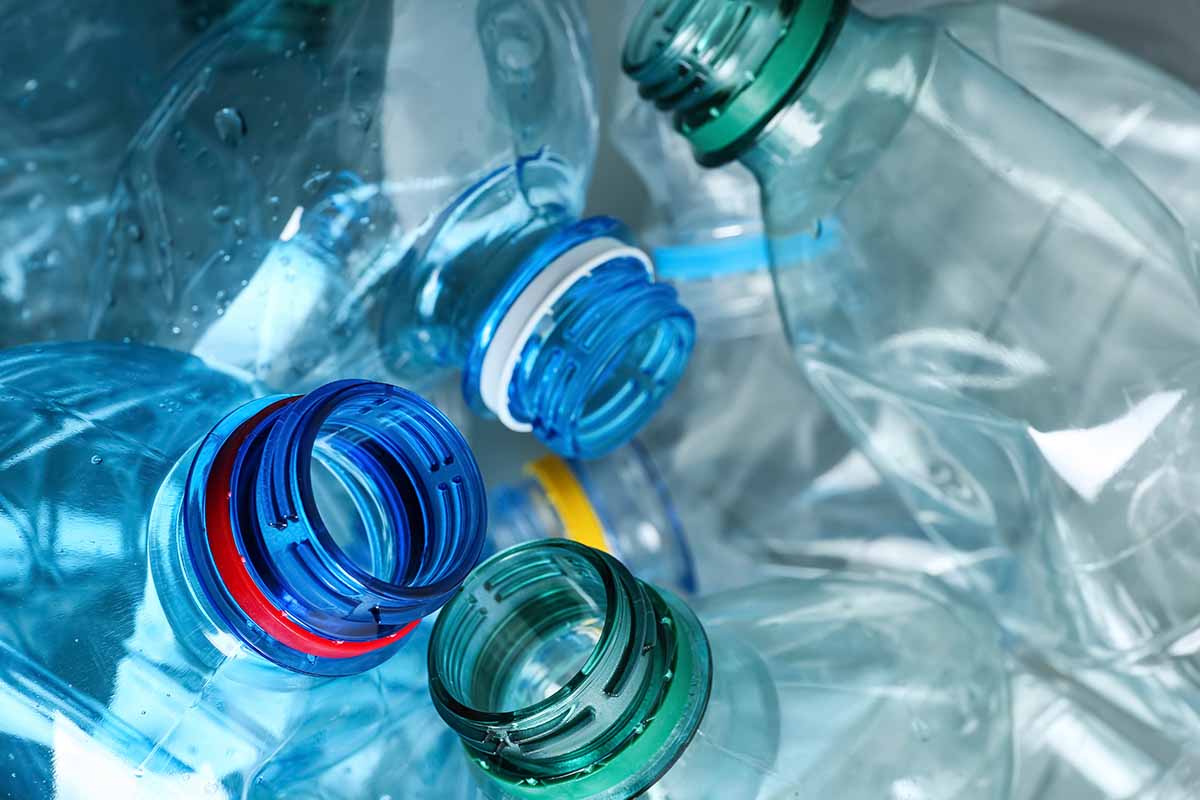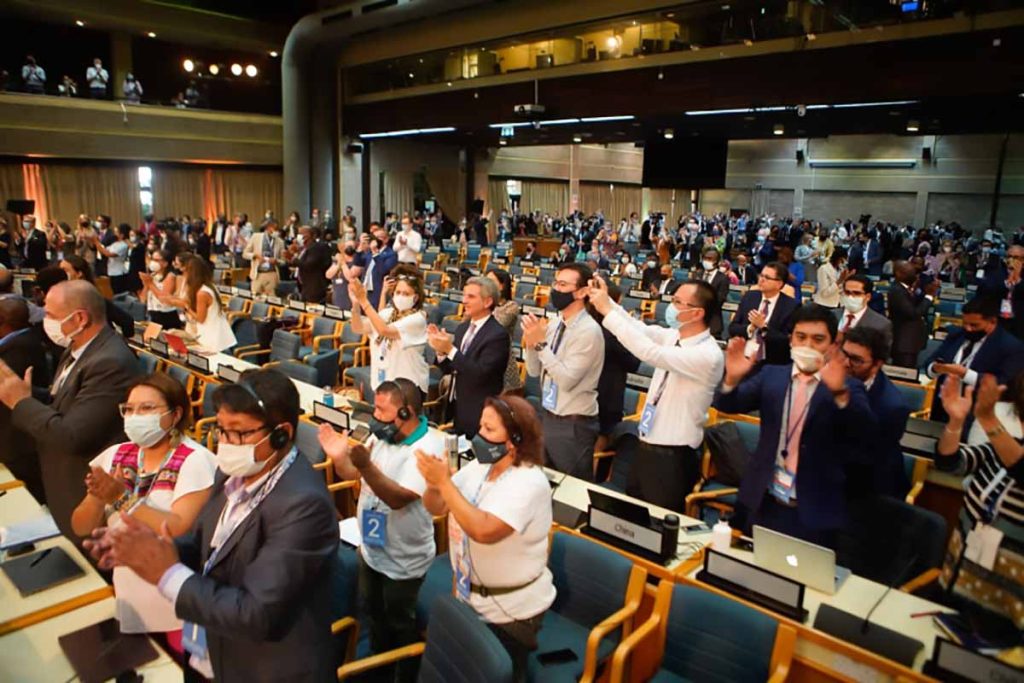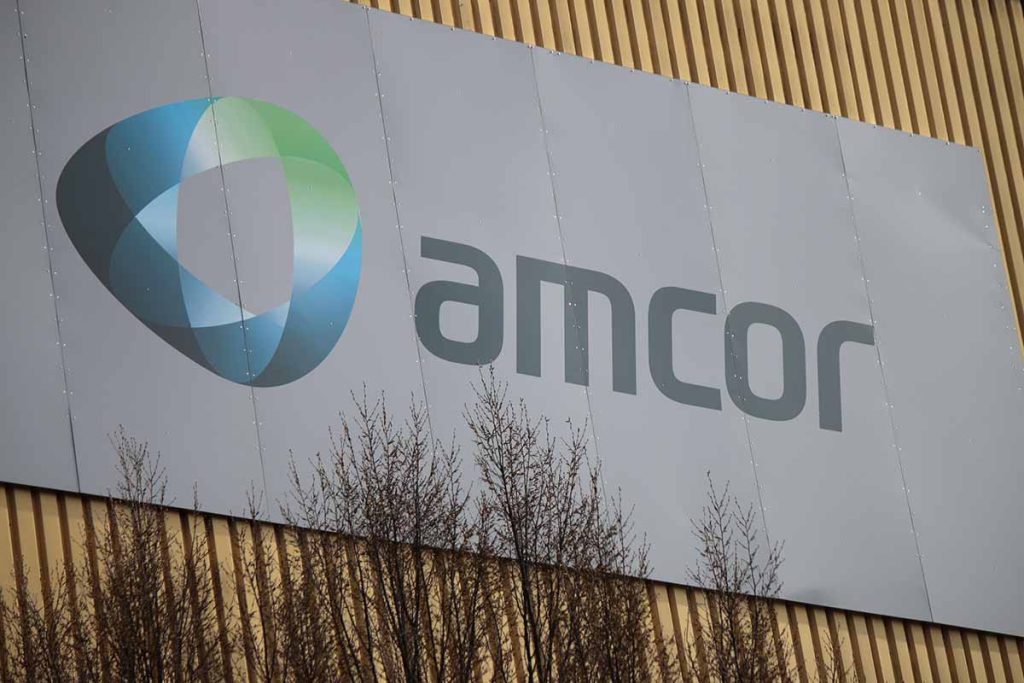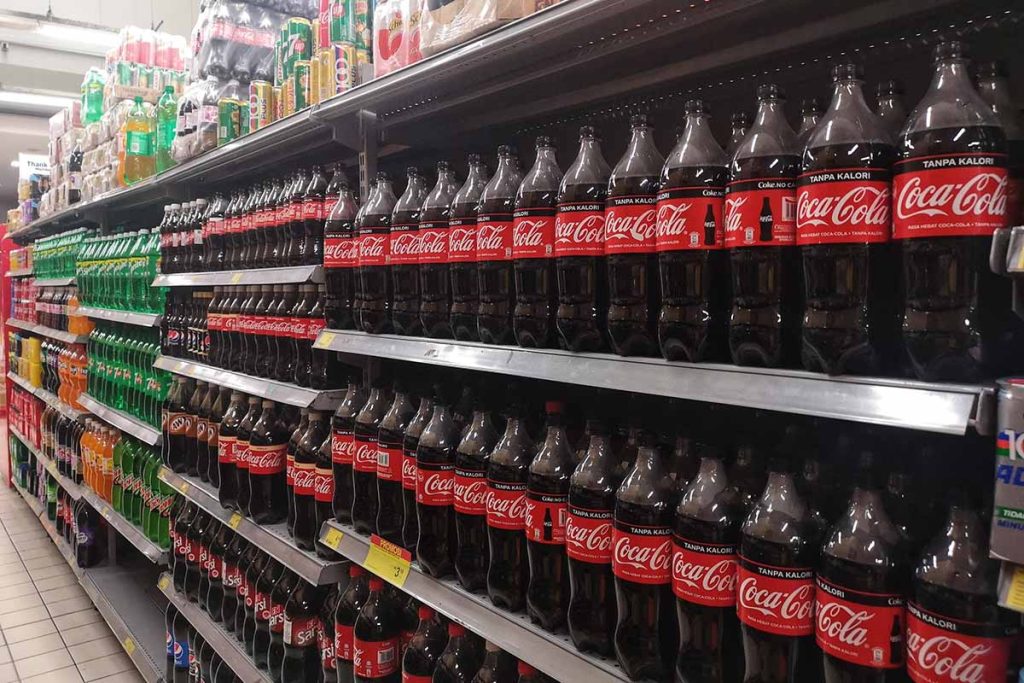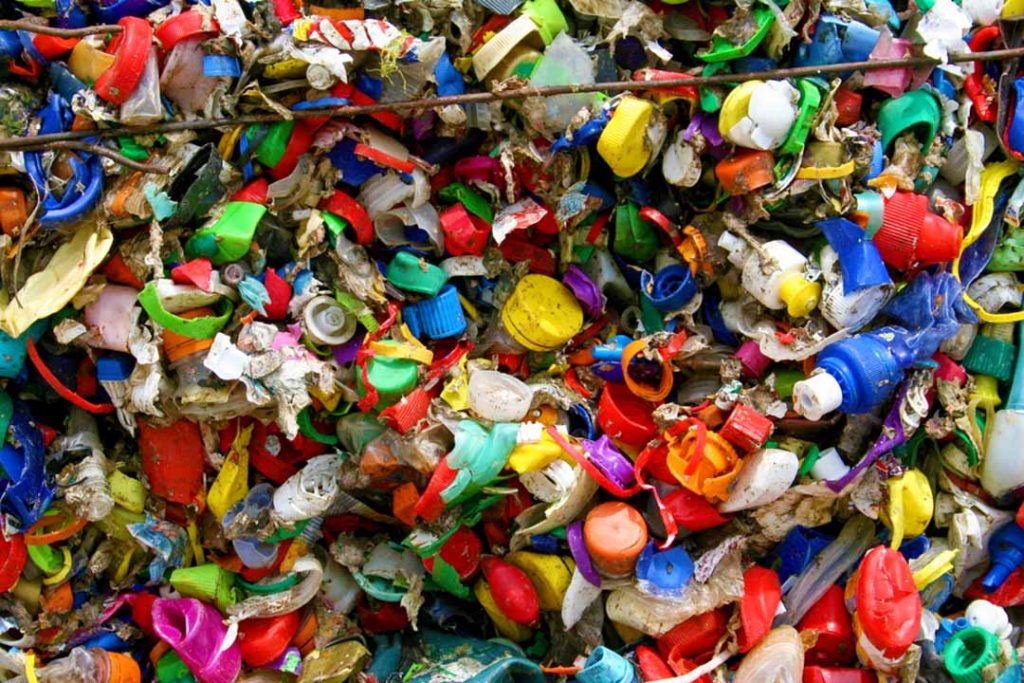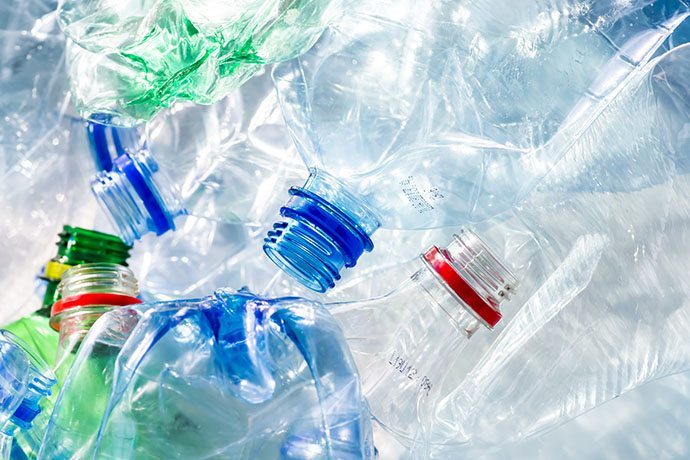
The Recycling Partnership’s first round of grants is intended to help PET recyclers boost their recovery in the short term and build capacity for the long term. | DonPablo/Shutterstock
Resin company DAK Americas, recycled-content thermoforms producer Direct Pack and MRF operator Recycle Source have become the first three recipients of grants from the PET Recycling Coalition.


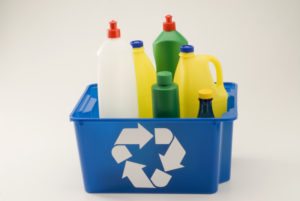 Half of all plastic packaging could be profitably recycled if improvements are made to its design and to recovery systems, according to a report.
Half of all plastic packaging could be profitably recycled if improvements are made to its design and to recovery systems, according to a report. 